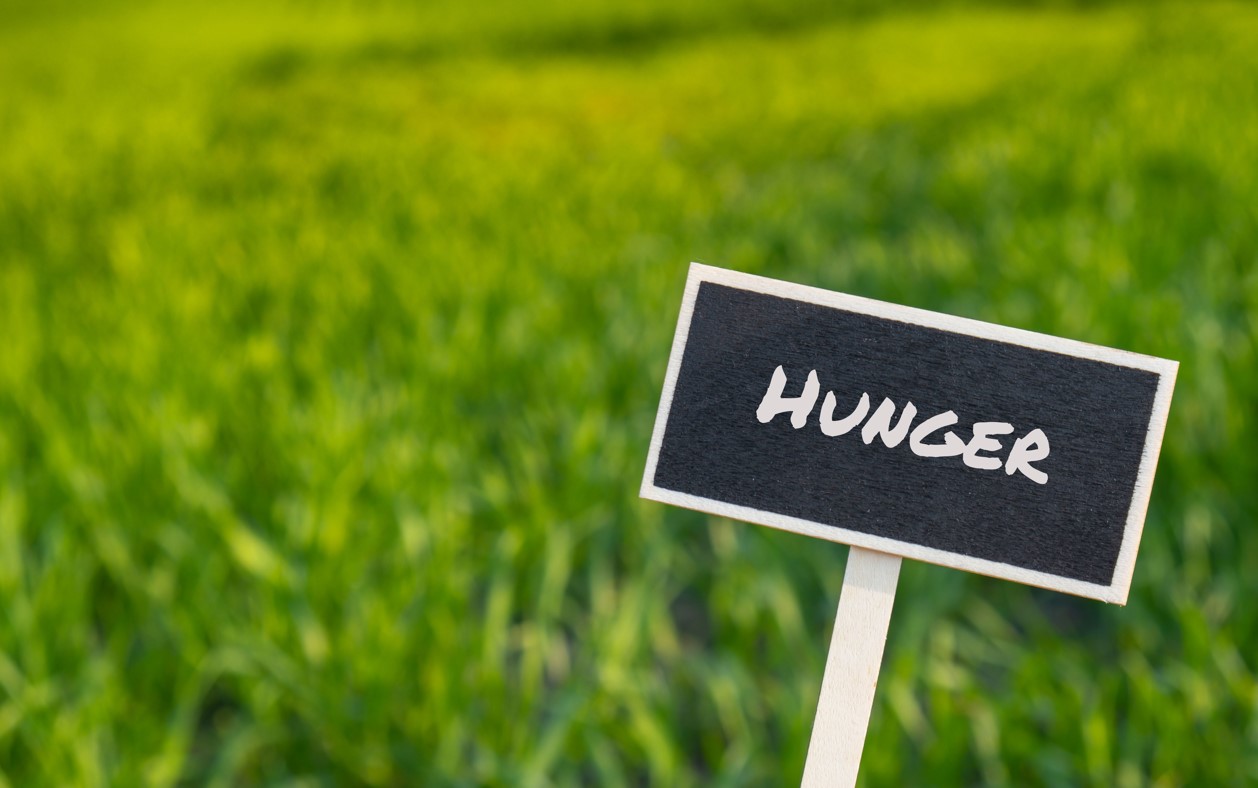This is a summary of the original article by Al-Monitor Staff that may be found here
A recent poll conducted by Al-Monitor in partnership with data and analytics firm Premise Data has found that a majority of the population in Egypt, Turkey, Yemen, Tunisia and Iraq are worried about their ability to access food in the coming months. The poll of 4,435 respondents, conducted between December 15, 2022 and January 10, 2023, found that while most respondents (62%) say they have so far been able to find the food goods they need, there is growing concern as to whether this will be the case in the weeks and months to come. 41% of respondents said they were somewhat concerned and 27% said they were very concerned about their household’s ability to access food in the next six months.
According to the Food and Agriculture Organization, global food prices in 2022 were up by 14.3% compared to 2021, marking the highest increase on record since 1990. The poll suggests that this increase in food prices is having a significant impact on people’s ability to access food in these countries. Out of the five countries surveyed, the situation seems particularly pronounced in Turkey where a combined 75% say they are somewhat concerned (44%) and very concerned (31%), followed by Tunisia (73%).
The poll also found that the majority of respondents said prices of food and drinks had increased in recent weeks compared to the previous month, with 46% saying they got a lot higher and 36% saying they were somewhat higher. Some 70% of respondents in Egypt said prices were a lot higher while 25% said they were somewhat higher.
The increase in food prices can be attributed to a number of factors, but the outbreak of Russia’s war in Ukraine last February has had a significant impact. According to the poll, a majority of respondents said bread prices had increased in their local markets over the past month. Egypt appeared to be in the worst situation, with 54% reporting a large price increase.
Egypt, the world’s largest wheat importer, was importing up to 80% of its needs from Russia and Ukraine before the war broke out. It has since sought wheat from a variety of sources. However, the country’s wheat supply has been particularly troubling over the past year. Annual headline inflation in Egypt rose to 21.9% in December, up from 19.2% the month prior. The Egyptian government said inflation is in part due to food prices as well as the cost of gas, electricity and housing, among other things.
Tunisia was importing half of its cereal needs from Russia and Ukraine before the war. Reuters reported that the country’s food trade deficit had doubled to 1.559 billion dinars ($496.99) in the first half of 2022 compared to the first half of 2021 as a result of costlier imports of cereal and sugar. The phasing out of subsidies on food and energy in line with IMF requirements to secure a $1.9 billion loan from the institution will undoubtedly bring about further price increases. According to the Tunisian Central Bank, overall inflation is set to reach 11% in 2023, up from 8.3% in 2022.
In Turkey, annual consumer inflation reached a 24-year high of 85.5% in October before easing to 84.4% in November and 64.27% in December, though the year-end slowdown is relative as it’s attributed to a favorable base effect. Food prices rose nearly 1.9% in December compared to November, while annual food inflation stood at 78%, according to data by the Turkish Statistical Institute.
While many grapple with food security, countries with financial buffers, such as hydrocarbon-rich countries like Qatar, UAE, and Saudi Arabia, are faring relatively better in terms of procurement but also in terms of investment into adapted and sustainable agricultural practices that will help meet their future needs. However, it should be noted that these countries still have a ways to go as it is estimated that Gulf states currently import up to 90% of their food needs.
The views expressed herein may not necessarily reflect the views of JI FAD and/or any of its affiliates






